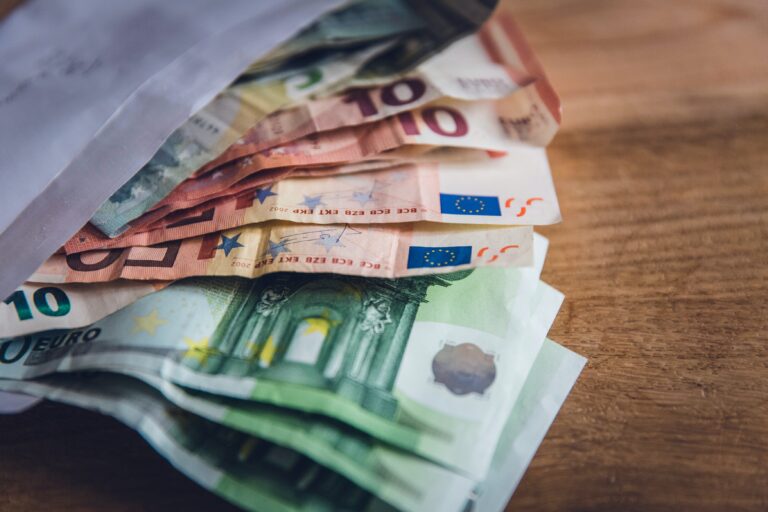
Morning Brief – Minsky Moment
Minsky Moment
There has been a lot of attention paid to the increasing divergence in economic forecasts produced by analysts and policy makers. We know that the source of this diverge is uncertainty. The incomplete puzzle of the unfolding post-pandemic economy is leading to vastly different forecasts from largely similar financial contributors. The evolution of the dominant narrative has largely dictated the prevailing sentiment in the market. This ebbing and flowing of sentiment in turn has created volatility and vastly different market conditions within a short period of time. Within one prominent US bank alone, we see calls from Armageddon to FOMO – from economic collapse to a mega rally.
The theme is not uncommon. The two divergent forecasts usually start off from the same point. The disturbances within the banking sector and the collapse of several significant institutions have created a risk to the global economy. Central banks and policy makers are wary of these risks and must act accordingly in order to stabilise the system. These actions undertaken could well stave off financial collapse, but at what cost? As we wrote yesterday, response policies could invite higher levels of inflation as central banks take their foot off the pedal of monetary adjustment. Consequently, we could just be kicking the can down the road allowing inflationary pressures to build creating the vacuum for a greater collapse later on. The alternative view has been that the fall in inflation is a statistical inevitability and the lower interest rates that are ushered in by the bank’s reaction to the unfolding crisis could create a durable relief rally.
We are seeing calls for the Minsky moment and the relief rally from different voices within the same institutions and authorities. The latest and perhaps most apparent of those being JPMorgan. The forthcoming Minsky moment proclaimed by Marko Kolanovic of the Bank refers to a late 20th century economist’s theory that bullish market conditions inevitability create crashes. The bigger the rally, the harder the crash. The argument put forward by Minsky dictates that during a bullish period increasing amounts of capital are borrowed for increasingly risky investments. Eventually, the returns on those investments are insufficient to support the credit offered and creditors withdraw liquidity and capital from debtors. Debtors are forced to sell quality assets to repay the loans and or margin calls and force the price of quality assets down, creating a market crash. It is immensely difficult to call which side of the Minsky-FOMO debate is correct. Both could, in theory, be correct. The fact is that the global economy does feel very late cycle with the pandemic in retrospect not being enough to cool the overheating economy sufficiently to make a Minsky moment unthinkable in 2023. That being said, so long as regulators and banks continue to play nicely with one another, as they have been following the collapse of several US and now one EEA institution, the prospect of a soft landing, albeit with a turbulent approach, is becoming more likely.
Discussion and Analysis by Charles Porter

Related Insights

Daily Brief – A weaker Dollar: Trump vs. Powell
A weaker Dollar: Trump vs. Powell The Dollar continued to lose ground yesterday as the truce between Israel and Iran appeared to continue to hold. There has been a noticeable return to focus upon macro and monetary influences in major currency pairs. Yesterday, Fed Chair Jay Powell provided his semi-annual monetary policy report before the […]

Daily Brief – Big Girls Don’t Cry
Big Girls Don’t Cry A bond market tantrum and one of the sharpest one day sell offs in Sterling for several years appear to have been catalysed by the Chancellor’s appearance in PMQs yesterday. First: the back story. This Labour government has faced some embarrassment in recent weeks trying to get its welfare bill through […]

Daily Brief – Next level
Next level EURUSD has managed a relatively smooth ascent to its current levels, around 1.18. That is despite significant resistance levels, most notably around 1.17. A large collection of option strike prices gathered around this key level and the price history of the pair shows us its significance. Sustained closes above this level since last […]


